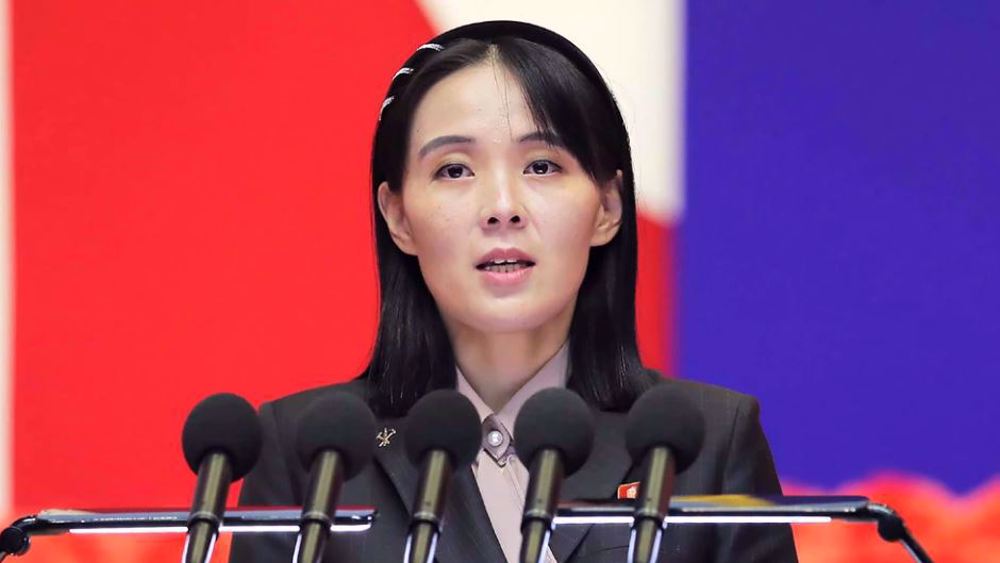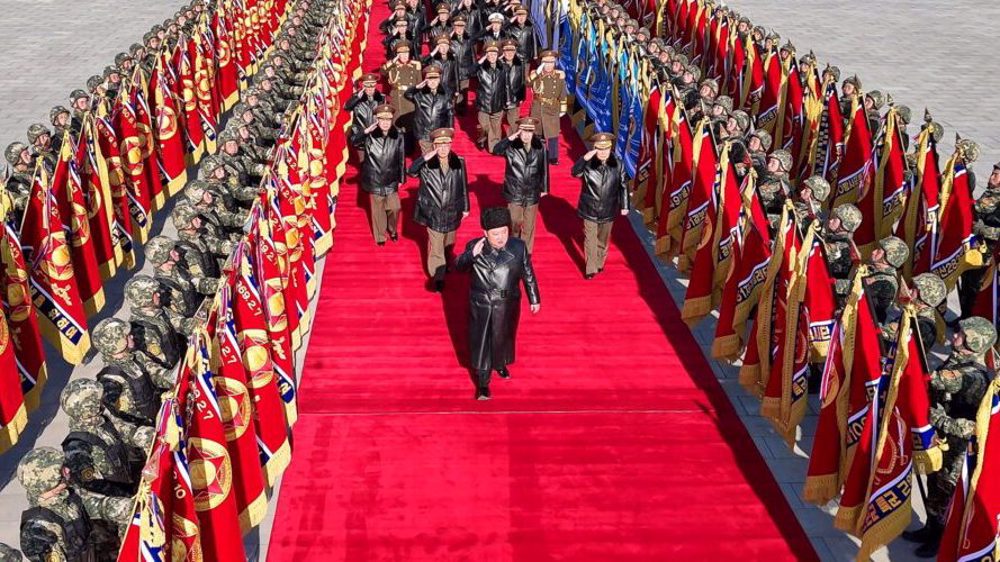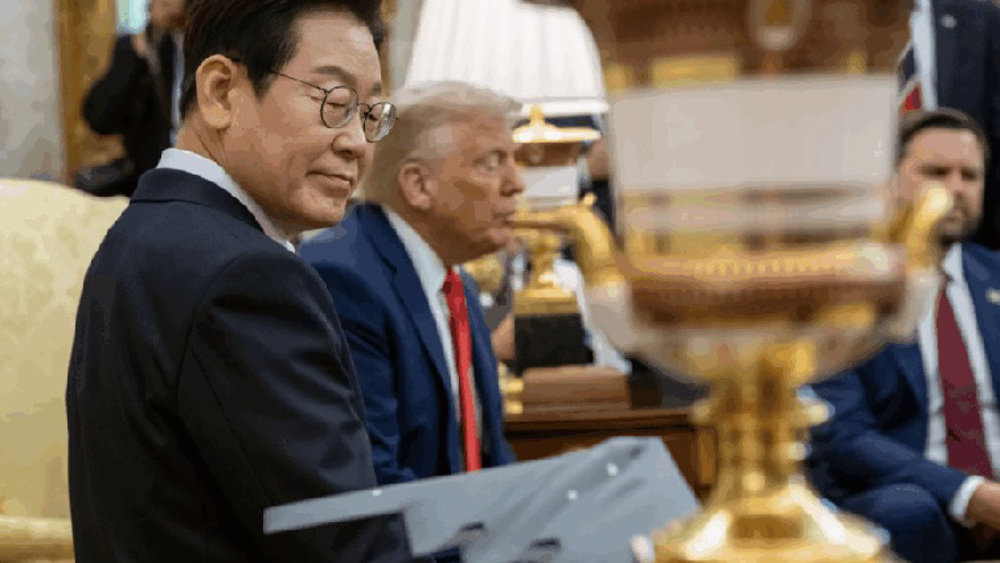UN condemns North Korea’s missile launch, Pyongyang remains defiant
The United Nations Security Council (UNSC) has condemned North Korea’s latest missile launch over Japan as “outrageous,” as Pyongyang hails the launch as a successful bid to foil potential threats from adversaries.
Following an emergency session on the missile test launch, the 15-member UNSC said on Tuesday that the launch deliberately undermined peace and stability in the region, demanding that Pyongyang take “immediate, concrete actions” to “reduce tensions in the Korean Peninsula and beyond.”
North Korea on Tuesday fired a Hwasong-12 missile — reportedly capable of carrying a nuclear payload — that traveled nearly 2,700 kilometers into the Pacific and triggered alert warnings as it flew over northern Japan.
Read more:
The launch sparked angry reactions from Japan and the United States, as well as calls for restraint by other countries.
North Korea, however, remained defiant, with its official Korean Central News Agency (KCNA) announcing that leader Kim Jong-un had expressed “great satisfaction” with the launch of the Hwasong-12 missile and had called for more ballistic missile tests in the Pacific Ocean.

“This ballistic rocket launch drill… is the first step in military operations on the Pacific Ocean conducted by our troops and will be a meaningful prelude to containing Guam Island,” Kim said, referring to the US territory of Guam in the Pacific, where US forces and citizens are stationed.
Following the launch, US President Donald Trump discussed the matter with regional allies in Seoul and Tokyo, declaring afterwards that “all options are on the table” on how to deal with Pyongyang.
Trump said that pressure on North Korea had to be increased.
Read more:
US Ambassador to the UN Nikki Haley also issued a veiled threat to North Korea.
“It is time for the North Korean regime to recognize the danger they are putting themselves in,” she said. “The United States will not allow their lawlessness to continue, and the rest of the world is with us.”

The KCNA described the Tuesday missile launch as “muscle-flexing” in the face of the ongoing joint military drills by the US and South Korea, which Pyongyang regards as rehearsals for an invasion.
North Korea had requested a UNSC meeting about the exercises last week.
Washington, however, insists that the only objective of the war games is to improve readiness to defend South Korea and maintain stability on the Korean Peninsula.
Tensions significantly rose several weeks ago as North Korea conducted almost back-to-back missile launches. Trump threatened to unleash “fire and fury” if North Korea continued threatening the US, and the North then reacted by saying it was considering firing missiles into waters near Guam. Pyongyang later reversed that decision, in what seemed to quell tensions — momentarily.
The Tuesday launch over Japan rekindled hostilities to a possibly unprecedented level.
The missile launch came less than a month after the UNSC imposed its toughest-yet sanctions on North Korea. It was not clear whether any further actions could follow. The UNSC statement of condemnation on Tuesday did not mention any new sanctions.
“We’ll be talking about next steps starting now,” said Japan’s UN Ambassador Koro Bessho following the UNSC meeting.
He added that for now, the UNSC statement sent the North a strong message “that the international community will not accept its reckless behavior.”
The latest sanctions include a ban on North Korean exports of coal, iron, lead and seafood products, together worth over $1 billion for a country with total exports valued at just $3 billion last year.
Meanwhile, China said the situation on the Korean Peninsula was reaching a “tipping point,” where all relevant parties had to deescalate.
“The facts have proven that pressure and sanctions cannot fundamentally solve the issue,” said Chinese Foreign Ministry spokeswoman Hua Chunying.

Russia’s Deputy Foreign Minister Sergey Ryabkov has also said that the UNSC should come to the understanding that a military solution is a road to nowhere and “categorically unacceptable.”
Beijing and Moscow continue to insist that the best way to resolve the crisis would be to implement a “double freeze” strategy, which would see North Korea suspend its missile launches in exchange for the suspension of the joint US-South Korea military drills.
Two Palestinian children killed in PA ambush; Hamas slams attack as ‘black mark’
Iran pursues talks and deterrence simultaneously: Security chief
Peace with Israel ‘not possible’ amid ongoing violations of Palestinian rights: Top diplomat
Discover Iran: The network of rivers, lakes, and wetlands of Sistan and Baluchestan
Russia: West reviving Navalny case to divert attention from Epstein scandal
Iran has ‘real ideas’ in indirect talks with US, will not submit to pressures: FM
‘Netanyahu is deceiving you’: Anti-settlement organization warns Trump
VIDEO | France, Italy, Germany call for UN special rapporteur Albanese to resign for slamming Israeli genoci













 This makes it easy to access the Press TV website
This makes it easy to access the Press TV website